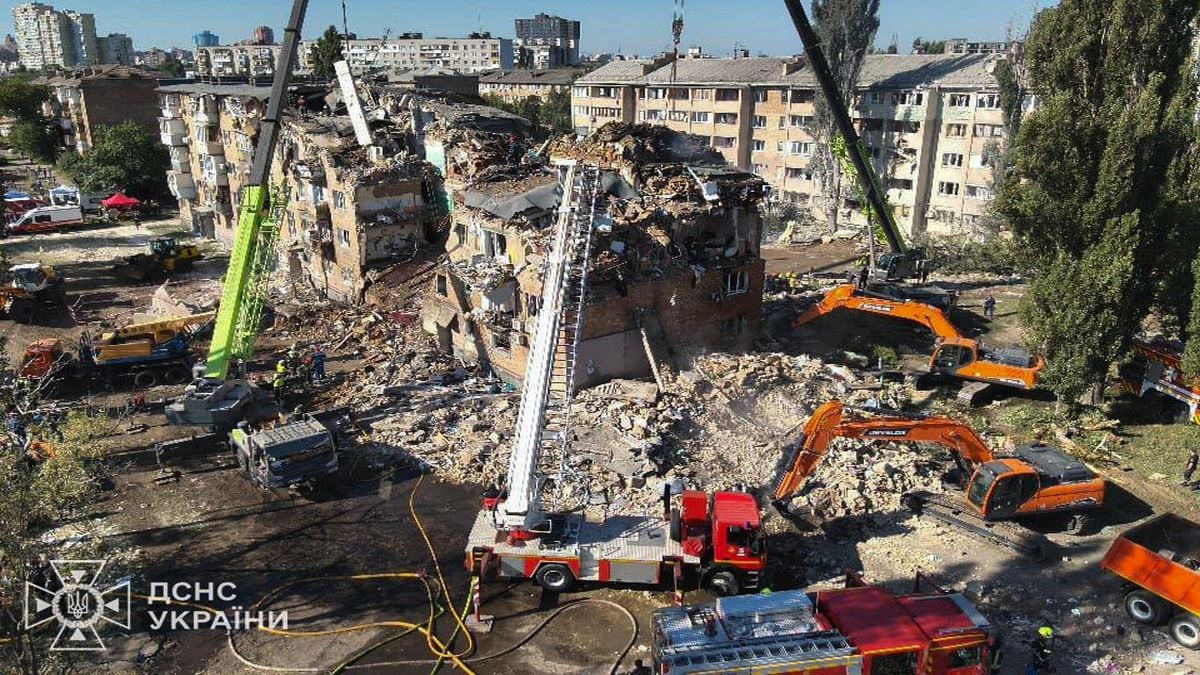Italian Prime Minister Giorgia Meloni has once again been targeted by a pornographic website that shared altered images of her, along with several other well-known Italian women.
The pictures, accompanied by offensive captions, were taken from social media or public platforms, then edited and uploaded.
In 2022, before becoming Prime Minister, Meloni was the subject of deepfake videos in which her face was allegedly placed on an adult film actor. She sought damages over the incident last year.
In recent years, deepfake pornography has become increasingly common online.
So, what happened this time? Who are the women that were targeted this time?
Let’s take:
What happened?
A pornographic website uploaded fake photos of several well-known Italian women, including the prime minister and opposition leader Elly Schlein.
The scandal has caused massive outrage in Italy and reignited discussion on ongoing misogyny and violence against women.
It also comes after Meta’s decision last week to shut down an Italian Facebook page called Mia Moglie (My Wife), where men shared intimate pictures of their wives or unknown women.
The images carried offensive captions and were taken from social media accounts or public sites, then altered and posted on the Italian platform Phica, which has over 700,000 subscribers, The Guardian reported.
Phica began in 2005 and seems to have run without interference until members of the centre-left Democratic Party (PD) announced that they had filed a complaint. Police are now looking into the matter.
Impact Shorts
More ShortsMeloni, whose sister Arianna was also targeted, chose not to respond when questioned by reporters on Wednesday evening, Corriere della Sera said.
Other well-known women whose pictures were misused include actor and director Paola Cortellesi, whose film C’è Ancora Domani (There’s Still Tomorrow) tackles domestic violence, and influencer Chiara Ferragni.
From the political right, Alessandra Mussolini, granddaughter of fascist dictator Benito Mussolini and a League member, as well as tourism minister Daniela Santanche, were among those targeted.
“Italy’s #MeToo”
Valeria Campagna, a Democratic Party politician, was among the first to file an official complaint, leading others to follow in what Italian media is calling “Italy’s #MeToo”.
An online petition demanding that the site be shut down has already gained more than 150,000 signatures.
Posting on Facebook on Wednesday, Campagna said she was “disgusted, angry and disappointed” and “couldn’t stay silent” after learning that her images had been uploaded without her permission.
“Not just photos in a swimsuit but moments from my public and private life,” she wrote.
“Beneath them there were sexist, vulgar and violent comments. I can’t stay silent because this story isn’t just about me. It’s about all of us. It’s about our right to be free, respected and to live without fear.”
Other Democratic Party members, Alessia Morani, Alessandra Moretti and Lia Quartapelle, soon came forward as well.
On Instagram, Morani said the remarks under her photos were “unacceptable and obscene” and “offend my dignity as a woman”.
She added: “Unfortunately, I’m not alone. We must report these groups of men who act in gangs and go unpunished despite numerous complaints. These sites must be shut down and banned. Enough is enough!”
Mary Galati, a woman from Palermo who started the Change.org petition, had earlier filed two complaints after finding one of her pictures on the site in 2023, but the matter drew little attention until the politicians raised their voices.
The petition refers to a 2019 study by the University of Milan which showed that one in five Italian women had faced some form of non-consensual sharing of intimate images.
In July, the Italian senate passed a law that for the first time defined femicide in criminal legislation, making it punishable by life imprisonment, while also raising penalties for offences such as stalking, sexual assault and “revenge porn”.
What happened last time?
In 2024, Meloni demanded 100,000 euros in damages after deepfake videos of her surfaced online.
According to BBC, a 40-year-old man thought to have created the clips, along with his 73-year-old father, were placed under investigation.
Court documents said the videos were uploaded to a US porn site, where they were watched “millions of times” over several months.
The deepfake at the centre of the case was first made in 2022, before she became Prime Minister.
India too has seen a rise in such cases. Fake videos of Bollywood stars including Rashmika Mandanna, Katrina Kaif and Nora Fatehi appeared on social media.
In November 2023, a deepfake clip of Rashmika Mandanna spread widely online. Two months later, Delhi Police arrested a B-Tech graduate from Andhra Pradesh who had created it.


)

)
)
)
)
)
)
)
)



